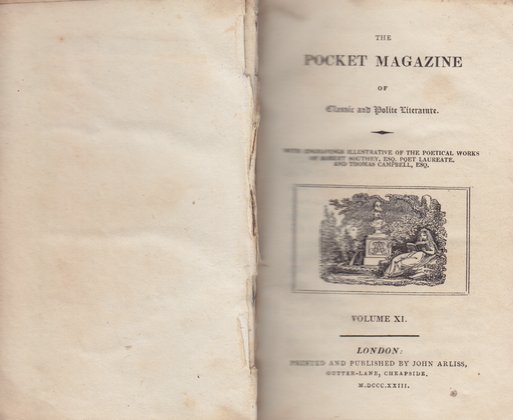Narrative
Popular Poets
Robert Southey
18. Robert Southey was born on August 12, 1974 in Bristol, England. Today, his popularity is derived from his frequent identification as one of the “Lake Poets,” an informal group of initially revolutionary-minded poets living in England’s Lake District who turned to conservatism later in life, along with William Wordsworth and Samuel Taylor Coleridge. In addition to his categorical grouping with Coleridge, Southey forged a friendship with the poet that not only led to their joint composition of a three-act play in 1794, entitled The Fall of Robespierre, but also included plans to establish a “Pantisocratic” commune based on their utopian vision of collective government and shared ownership. Although their ambitions of creating an idyllic society together were ultimately thwarted and Wordsworth overtook Southey as Coleridge’s primary collaborator, the two men maintained their somewhat tumultuous friendship, as evidenced by the fact that Southey went on to provide for Coleridge’s family during the poet’s prolonged absence. In addition to his ties to Coleridge and Wordsworth, Southey also influenced the second generation of Romantic poets.
In particular, he entered into a literary feud with Lord Byron, initiated by Byron’s satirical dedication to Southey for his 1819 poem Don Juan and escalated through ad hominem attacks based on their respective politics and personal affairs. Southey responded with a similarly sardonic dedication to Byron for his A Vision of Judgement (1821), and Byron parried back with an extensive parody of the poem, entitled The Vision of Judgement (1822). Southey and his turn to conservative politics were similarly disparaged by Byron’s friend and literary associate, Percy Bysshe Shelley. But prior to disagreement between Southey and Shelley, Southey played a hand in the young poet’s initial meeting with William Godwin, Shelley’s eventual father-in-law and the future patriarch to the famous Godwin-Wollstonecraft-Shelley family.
Despite Southey’s reputation as a Lake Poet and his notorious conflicts with some of the second-generation Romantic poets, he also had an illustrious career in his own right as an historian, poet, biographer, translator, and literary scholar. This volume of The Pocket Magazine of Classic and Polite Literature (v.11: 1823) features engravings based on Southey and Thomas Campbell’s poetry.








